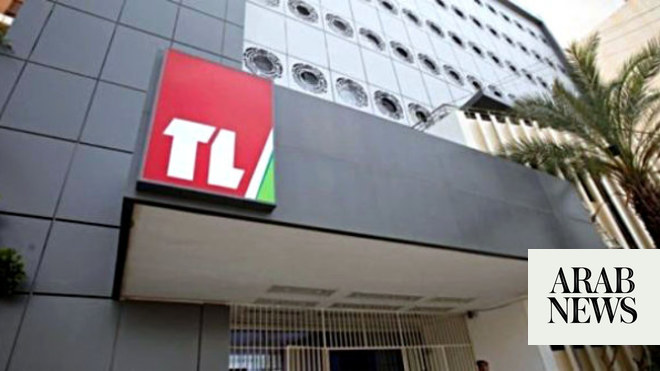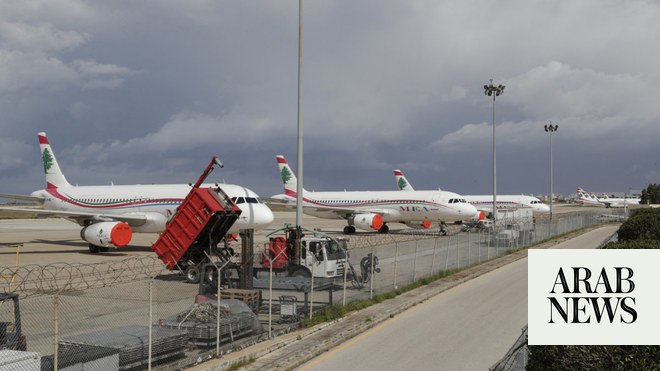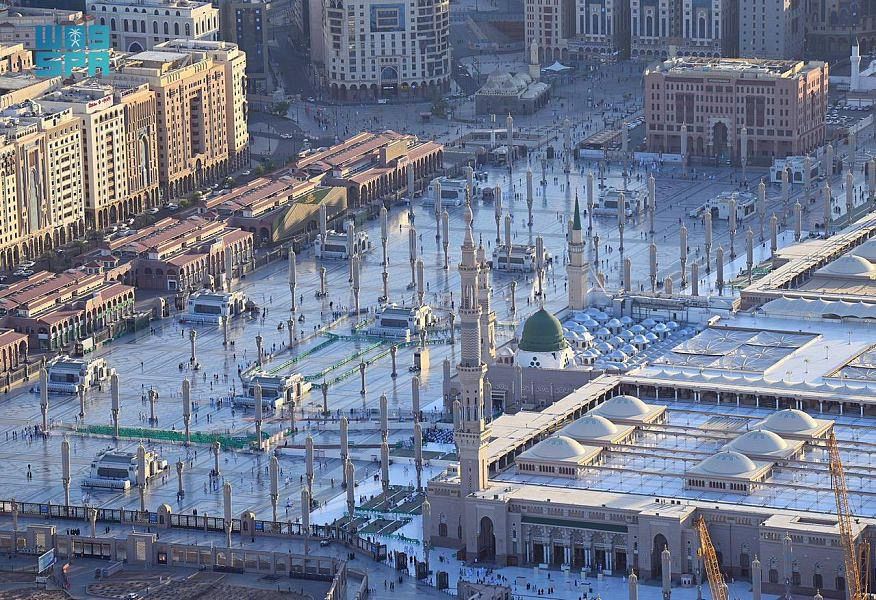
The Paris IV conference, also known as Cedar I, which will be held on Friday in France, is the most important test for Lebanon and its ability to achieve the required financial and administrative reforms and fight corruption in exchange for receiving international support to cope with its economic crises.
However, several concerns have risen with regard to the ambitious program, especially after a recent speech by “Hezbollah” Secretary General Hassan Nasrallah, who warned of the political and financial aspects of the conference.
He stated that the conference will only create more debt for Lebanon and bind it to foreign powers.
Such statements threaten the conference, just as the same political team led to the failure of the Paris I, II and III conferences over the past two decades.
Lebanese Prime Minister Saad Hariri and his ministerial and administrative team are preparing to travel to Paris on Thursday to participate in Cedar I, which is being held under the patronage of French President Emmanuel Macron.
Representatives of Arab and Western countries, as well as the World Bank, the International Monetary Fund (IMF) and Arab funds will also attend the meeting.
Hariri’s Adviser Nadim al-Mulla told Asharq Al-Awsat that Beirut is going to the conference with a ten-year investment program that is divided into two phases.
“The Lebanese, Arab and foreign private sectors will play a central role in the conference through investments in infrastructure, such as electricity networks, roads and other projects,” he explained.
Observers however did not seem as optimistic, fearing results of the conference may fall short of expectations.
Financial and economic expert Ghazi Wazneh stressed the importance of theconference, but cautioned against the large investment program.
He revealed to Asharq Al-Awsat that the government "is going to the conference with a huge, ambitious and optimistic program,” but it is very indefinite because it includes 250 projects at a cost of $23 billion that will be implemented during a period of 12 years and in three stages.
He predicted that "the international contribution will not exceed $6 billion, 90 percent will be allocated to soft and long-term loans and 10 percent will be grants and donations."
The World Bank has explicitly stated that Lebanon has loans to pay and it will be the sole entity that will determine the priorities of Lebanese projects and ensure their funding, according to the expert.
The Lebanese economy is still largely influenced by political tensions and disputes given that each party has its own approach on resolving financial crises and mounting debt and inflation.
"The governments goal for this program is to receive foreign loans that will stimulate the Lebanese economy, promote growth, economic and monetary stability and provide job opportunities for the youth,” according to Wazneh.
However, the expert indicated that the implementation of this program requires Lebanon to go to the conference with a more realistic vision that does not exceed $8 billion with a clear priority to solve the electricity, water, waste and roads crises.
Mulla disagreed with Wazneh, saying the cost of the first phase of the project is estimated at $10 billion. The Lebanese, Arab and foreign private sector is expected to contribute about $3 or $4 billion, while Lebanon will ask the conference to secure the remaining $6 billion.
He pointed out that the total cost of projects is estimated at $17 billion, adding that they have been carefully studied by the IMF and the World Bank, "which will assert that Lebanon is forging ahead with its financial reforms and tackling the public debt in exchange for promoting growth."
On Nasrallah’s warnings, Mulla reiterated that this program "was unanimously approved by the Lebanese government, including Hezbollah ministers, who did not object to any of the programs provisions."
If Nasrallah rejects this conference, then "let him take the alternative and tell us how the economic problems will be resolved,” stressed Hariri’s advisor.
“Does he have better solutions than increasing investment in Lebanon? What other options are available?” he wondered.
“The Lebanese government is responsibilities for managing the country and whoever has observations or objections should discuss it within cabinet,” he stressed.
For his part, Wazneh said that Nasrallahs warnings stem from the “arbitrary projects that have been included in the government’s program and his concern that many of them may not be productive.”
He underlined however the importance of European participation in the conference, which relies on the private sector and its successful role in the implementation of promising and productive projects.












